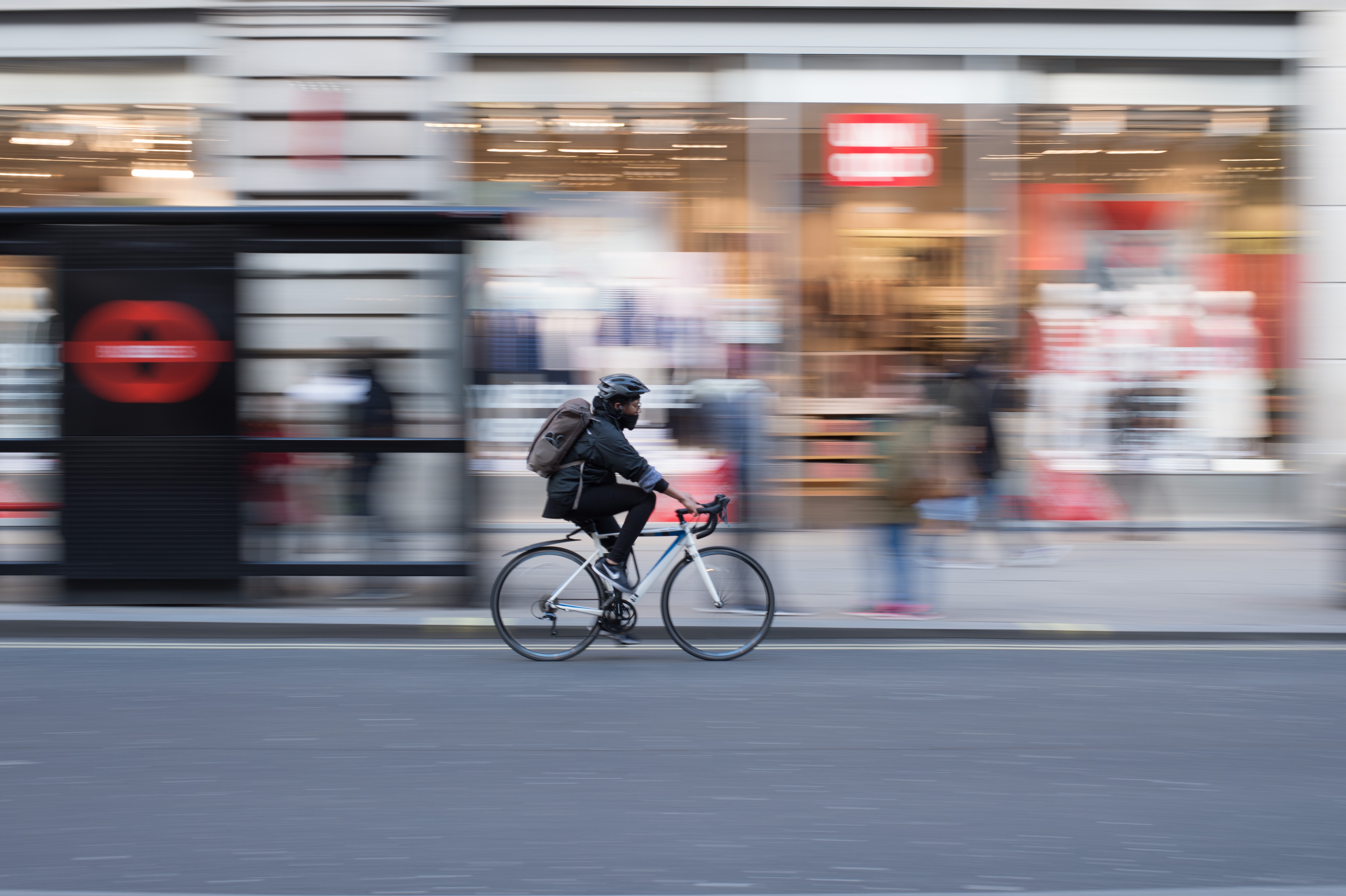
Checklist
Build and Sustain New Habits
Existing habits often make it difficult for citizens to adopt a green technology, change their energy consumption patterns, or switch to a new mode of transport.
We provide a number of strategies below that you can use to help individuals form new habits and sustain them over time.
| Remove infrastructural and financial barriers |
Help citizens and businesses develop energy-efficient habits by removing any infrastructural or financial barriers that may stand in the way.
By removing the hard obstacles, you will create an environment that helps people develop new habits. For example, if your goal is to encourage cycling to work, you should ensure that there are cycling paths that people can use when commuting (i.e., infrastructural barriers). Determine whether individuals in your target group can afford to purchase a bike (i.e., identifying financial barriers). Provide subsidies or rebates to alleviate cost-related barriers that might impede the uptake of this new habit.

Case Study
Tax-Free Bicycle Purchases for Employees
The Cycle to Work scheme in the UK is a tax-free, salary sacrifice programme through which employers support and subsidise employees in purchasing cycling equipment with the aim of promoting more environmentally-friendly commuting practices.
Since 2007, over 1.1 million individuals have applied to the scheme, giving evidence to its success. Providing financial incentives can help individuals to overcome economic barriers associated with cycling.
Similar strategies can be used to encourage the uptake of other sustainable behaviours that may be economically inaccessible to many people.
| Use timely prompts and reminders to trigger behaviours |
Use prompts and cues to help citizens and businesses initiate the desired behaviour(s).
To do this, identify feasible ways of delivering the cue or reminder. For example, this can be an app that prompts a household to run heavy appliances during off-peak hours. Aim to shift behaviour when people are in the midst of a major change or transition (e.g., moving house, starting a new job). People are more likely to change existing habits and develop new habits during these periods. Using this insight, you can identify segments of the population that are likely to be particularly motivated to adopt new habits.

Case Study
New homeowners are more likely to participate in a cycle share scheme
Commuting habits are much more easily disrupted when someone has just moved house or job. This was demonstrated in a trial by The Behavioural Insights Team that investigated adoption of a cycle share scheme in Portland, Oregon, USA.
Promotional leaflets were distributed, and though uptake was low across the board (highlighting that information provision is often a weak intervention), uptake was nearly 4 times higher among those who had just moved home to the area.
| Make the desired behaviour(s) simple |
Assess the goal energy-efficient behaviour for potential micro-frictions that might discourage its uptake.
Micro-frictions are seemingly small inconveniences or challenges that can make people less likely to adopt the behaviour, which can be eliminated through automatizations and smart defaults. For example, turning down a thermostat might require finding the thermostat remote, deciding on the new level of temperature, and setting up the new temperature. These micro-frictions seem minimal at first; however, they often play a decisive role in how the individual responds.
A way to eliminate microfrictions in the above example might be requiring thermostat producers to pre-set the default settings to a slightly lower temperature. This eliminates the need for a homeowner to change the setting manually. Identify opportunities to incorporate defaults and automatization wherever possible.

Case Study
Making Renewable Energy Automatic Increases Uptake
A study of 200,000 homes and 8,000 businesses in Switzerland assessed the impact of energy suppliers making renewable energy the default option.
The results showed that 80% of customers accepted the renewable energy option, a pattern that continued over the course of the following year. In addition, the study found no increase in electricity use stemming from moral licensing, meaning that participants did not manifest less sustainable behaviours in other areas as a result of their switch to renewable energy.
Defaults can be helpful tools for increasing uptake of green energy.
| Reward the new behaviour |
Reward individuals when they perform the desired behaviour to reinforce the habit and increase the chance that they will perform it again in the future. Rewards can take different forms, but the most common rewards are monetary incentives and social incentives.
Monetary incentives can be effective at encouraging people to first take up a new behaviour. Examples of monetary rewards include discount vouchers, lottery draws, and direct cash bonuses. However, effects of monetary incentives may not persist over time, especially if the rewards are discontinued.
Social incentives can be effective at achieving sustained behaviour change. Examples of social rewards include enabling people to share their successes via apps and social media. Help people build new habits by providing opportunities for them to receive public praise when they complete the goal behaviour.

Case Study
Grocery cooperatives can socially reward sustainable practices
A 2013 qualitative study conducted in the United States investigated the role of social reinforcement and community engagement at independent, cooperative grocery stores. The data indicated that both customers and employees perceive the store as a place both to shop and to engage with like-minded people, particularly around environmental issues.
Developing opportunities for social engagement and reinforcement can help bolster and sustain pro-environmental behaviours.